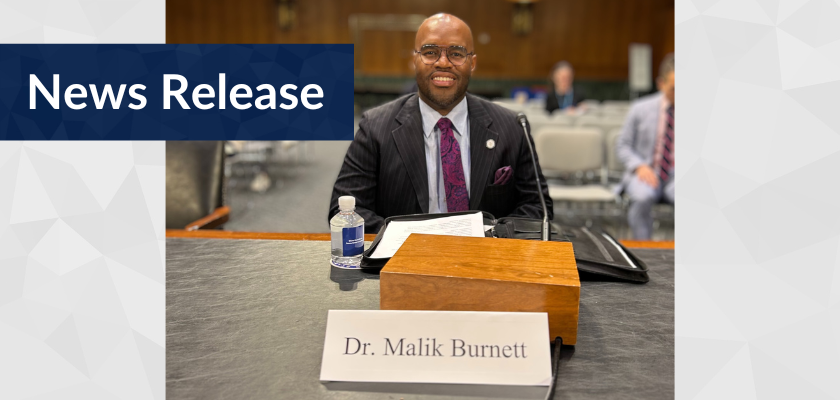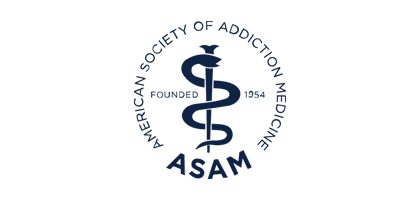News
ASAM Releases Updated National Practice Guideline for Treating Opioid Use Disorder
Amidst COVID-19 Crisis, ASAM Releases Updated National Practice Guideline for Treating Opioid Use Disorder The document highlights the latest evidence-based approaches for clinicians to treat the estimated 2 million Americans living with OUD, including special populations, and suggests regulatory flexibility is needed to expand access to care—which is especially critical during the ongoing coronavirus emergency actions Rockville, MD– Today the American Society of Addiction Medicine (ASAM) released a focused update to its National Practice Guideline for the Treatment of Opioid Use Disorder (NPG), which provides the latest information on evidence-based treatment of opioid use disorder (OUD) to guide clinicians in assessing, diagnosing, and treating OUD in the United States. The NPG––intended to inform and empower clinicians, health system administrators, criminal justice system administrators, and policymakers who are interested in implementing evidence-based practices to improve outcomes for individuals with OUD––is especially critical in the context of the ongoing COVID-19 emergency, which threatens to curtail patient access to evidence-based treatment. The NPG unveiled today seeks to both increase the quality of care and access to care for Americans living with OUD––a treatable, chronic disease involving complex interactions among brain circuits, genetics, the environment, and an individual’s life experiences. The document is an update to the previous NPG released in 2015 and includes major revisions to 35 existing recommendations, along with the addition of 13 new recommendations. This focused update was developed over the course of 14 months with consensus from an independent committee of experts and the use of a rigorous RAND/RAM methodology facilitated by researchers from Research Triangle Institute (RTI). “As the leader in addiction medicine practice guidelines and resources, ASAM continually monitors new scientific advancements and understandings of OUD—as well as the latest evidence-based treatment approaches––so that we can empower decision-makers to care for the estimated 2 million Americans living with the disease,” said Paul H. Earley, MD, DFASAM, president of ASAM. “During the ongoing COVID-19 pandemic, and the associated need for social distancing, it is especially important that clinicians and healthcare providers across the country take steps to ensure that individuals with OUD can continue to receive evidence-based care.” The NPG is the first set of guidelines to address all currently FDA-approved medications available to treat OUD and opioid withdrawal, including all available buprenorphine formulations, in a single document. By understanding and using these guidelines, clinicians will gain confidence in providing effective, evidence-based care for patients with OUD in diverse settings. “With today’s updated National Practice Guideline, we hope to empower clinicians and policymakers to adopt the best practices and latest advancements in evidence-based care for opioid use disorder,” said Kyle Kampman, MD, FASAM, the Chair of the Guideline Writing Committee. “The research is clear, providing methadone or buprenorphine, even without psychosocial treatment, reduces the patient’s risk of death. Ultimately, keeping patients with the disease of addiction alive and engaged to become ready for recovery is absolutely critical in the context of the deadly overdose epidemic that has struck communities across our country. This guideline is designed to do just that.” , While the NPG is ultimately directed at healthcare providers, policymakers and other key stakeholders should note that laws, regulations, and policies may need to change to better support implementation of the evidence-based best practices outlined in the document—especially given the current COVID-19 crisis that is significantly impacting the United States. For example, if a patient cannot access psychosocial treatment because he or she is under some form of isolation or have other risk factors that lead them to want to minimize external interactions, then clinicians should not delay initiation of medication for the treatment of addiction. Expanding the use of telemedicine might also be appropriate for many patients. The NPG also supports access to all FDA-approved medications for all individuals, including those in the criminal justice system in need of addiction treatment. New policies or regulations may be helpful for facilitating access to medications, particularly methadone, in diverse settings. All of the updated recommendations are designed to both improve the quality and consistency of care and reduce barriers to access to care for Americans living with OUD. The updated recommendations aim to support initiation of buprenorphine treatment in the emergency department and other urgent care settings. For example, note that all assessments do not need to be completed before initiating pharmacotherapy for OUD. In addition, they provide greater flexibility on dosing during the initiation of buprenorphine treatment and for initiation of buprenorphine at home (which is also an important change in the midst of the COVID-19 crisis). This comprehensive NPG also includes specific recommendations for special populations. Among the most notable changes related to these special populations are: |
To read the 2020 National Practice Guideline, CLICK HERE. |


